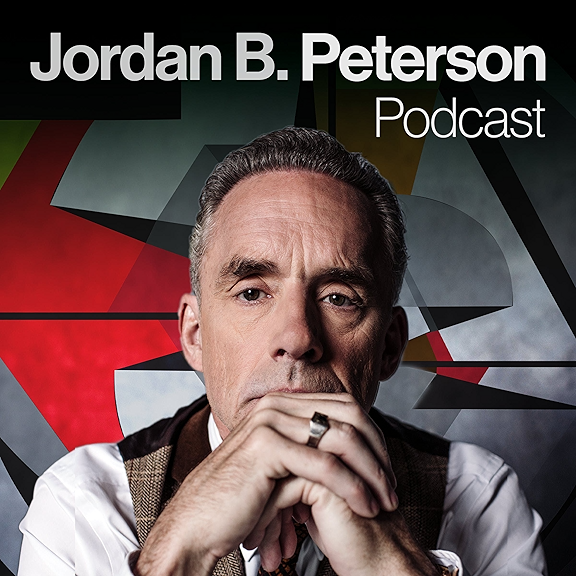
Laika is the Founder of Hygrid Health, a digital health company that she launched in February 2021. She's a mother of two energetic and sweet kids and has been married to her husband for over 12 years. Laika was born in Karachi, Pakistan and moved to the US at the age of 7. She grew up just outside of Atlanta, GA and has lived in San Francisco since 2011.
Details on Hygrid Health:
Hygrid Health is enabling a platform where consumers like you and me can consolidate our health records in one place, share information with others, and access analytics about our health. In the future, this platform will serve as a unified single-sign-on for consumer-facing digital health companies. We are focused in the Women's Health space to help women simplify their health data as they seek care for fertility, menopause, and other life events.
Show Notes:
[00:04:45] And I love to tell people that there is no other time to have a baby in the middle of a pandemic. I actually didn't feel like I needed to commit socially to people. I didn't feel like I needed to go out. And it was really, really nice that we were all home.
[00:05:47] And there were moments where I felt that I had all this free time at home with my kids and there was something beautiful about that. But then there was something very exhausting about being home with the kids constantly and having no break.
[00:07:06] I had mentally prepared myself to deliver this baby all by myself. And I was ready for that. And it was the sad reality.
[00:10:01] And then when I saw a Noor and Noor saw me, she saw a sea of people, including myself, with masks on and she didn't see our full faces until we left the hospital.
[00:13:28] And because of Covid, I couldn't, it really made me sad because I have actually was looking forward to this moment for a long time.
[00:16:32] And the reason why that was so important was it was important to my mental health just knowing that I could look forward to hanging out with you all - and even if that was just to sit on your patio and do nothing and eat junk food and drink way too much wine, it felt good. It felt really, really good.
[00:17:14] All of this has made me realize how important community is and how much community matters when we're living in places where we don't see our families.
[00:18:18] So so the pod really, really made a big difference and got us to the toughest moments. And just when I felt like all I want to do is crawl up into a corner, like not have anybody like call me and reach out for me. You guys showed up and you're like, OK, let's let the kids hang out. We'll hold the baby. Why don't you just like, relax, why don't you just like lay here for a bit. And I remember sprawling out on your sofa outside and I was like "I'm just gonna hang out here." And it was just nice to have. It really, really was nice.
[00:24:35] She not only was battling stage four cancer and she was certainly having a lot of breathing issues. And towards her end of life, Covid only accelerated her issues and she passed away three days after her positive test came out and she passed away alone in the hospital. And it was devastating.
[00:25:06] all she could say was my mom was scared - her biggest fear was to be by herself. She wouldn't want to die alone. She would want to be surrounded by her loved ones. She would want to be surrounded by her daughters and son and her family. She's scared. I don't want her to die by herself. And she died by herself.
[00:26:48] maybe it's a cultural thing in our culture in Pakistani culture, it's very common to have big funerals and a sign of somebody who's loved is you know, the number of people who show up for your funeral and for your burial. It was sad for her to not get that, not that she wasn't loved and not that people don't want to share their condolences. But the pandemic really changed the game.
[00:27:40] I had just had Noor and I wasn't sleeping. I was exhausted. I mentally was just burnt out.
[00:30:14] culture is what makes all of us so unique. And culture allows us to bring in different perspectives. It allows us to see worlds very differently. And I don't want to raise a monoculture child. I want, I want my child to not only appreciate the American culture that we're in, but the Pakistani culture that his parents were born into and know about the country that they come from, the language that we speak and the traditions that we have and the religious aspects of who we are.
[00:33:53] I had a very bad experience this time around as somebody who's a pro feminist and just advocates for women's rights and will stand up for a woman when she is being mistreated and the misogyny in Pakistan and our culture and to me, that's something that's just that really stood out this time around, and it's less exciting for me to go back and just put myself in that situation to have to deal with that again. It's not fun.
[00:36:26] I grew up hearing this a lot. And it is normal for people to talk like this there. And people have normalized that kind of speech. And growing up, I didn't realize that that is not normal and that shouldn't be normal
[00:37:53] I look back at these women who were attacked in these massage parlors. They were here to live their American dream the same way my dad showed up to the US with seven hundred dollars in his pocket and four kids and four mouths, five mouths to feed, including his own and just trying to make it by. And I see these women doing the exact same for their family and to be targeted that way. The same way my dad was targeted when 9/11 happened makes me really sad.
00:38:38] I personally experienced the hate and the racial divide. And it is something that we all have been living with and unable to talk about our story. And it's sad that the way the stories come out is when someone is murdered and lives are lost.
[00:40:27] I would often be kind of shoved behind be like, you know, shut your mouth or you're a girl or like stop inappropriate and behave yourself. That's not that's not how you talk and thinking to myself that, oh, gosh, I'm not supposed to say those things. I'm not supposed to stand up for myself.
[00:41:59] it's sad that the conversations have started at the backs of a lot of people's lives. And I guess that's when big movements do happen, when people see this level of injustice. And I am very happy to see it also. It just breaks my heart to see a lot of families whose lose ones in the process.
[00:43:22] I was going through the process of gathering all of my health information to bring to my fertility specialist, I thought to myself, well, this process and collecting all my health data is kind of a pain. Certainly there's a better way to do that.
[00:45:25] I'm working on a product that allows consumers like you and me to bring all of our health data together in a single platform to be able to see kind of interesting trends and insights on our health data, being able to then consolidate all that information, really take it with you wherever you go.




















